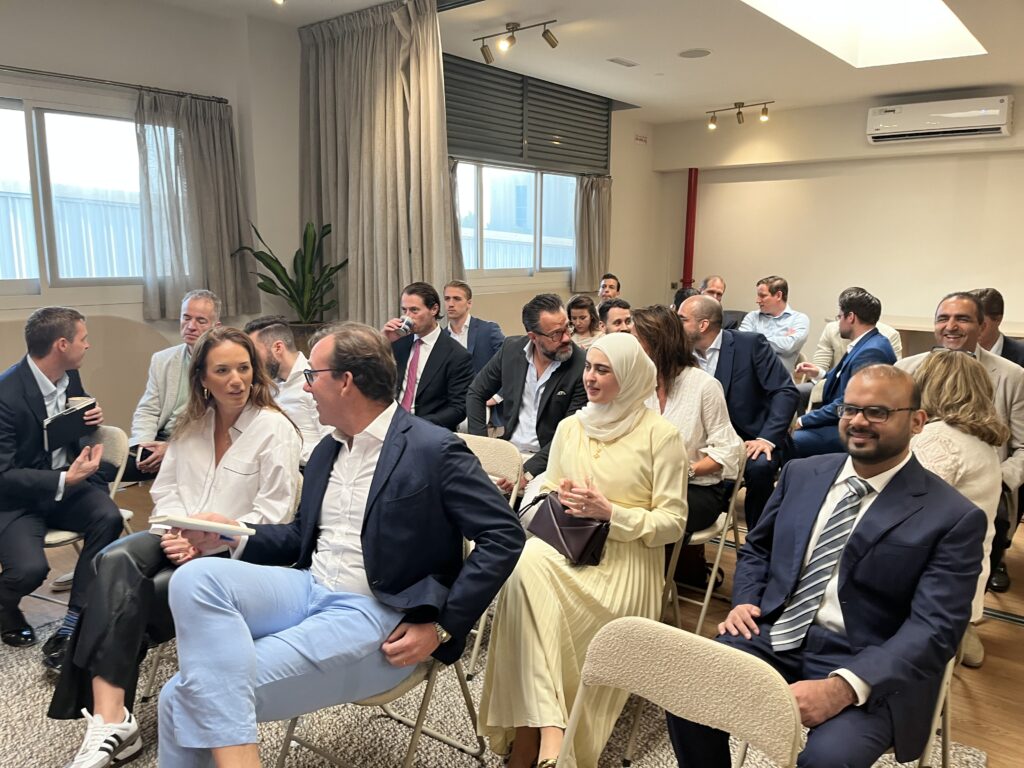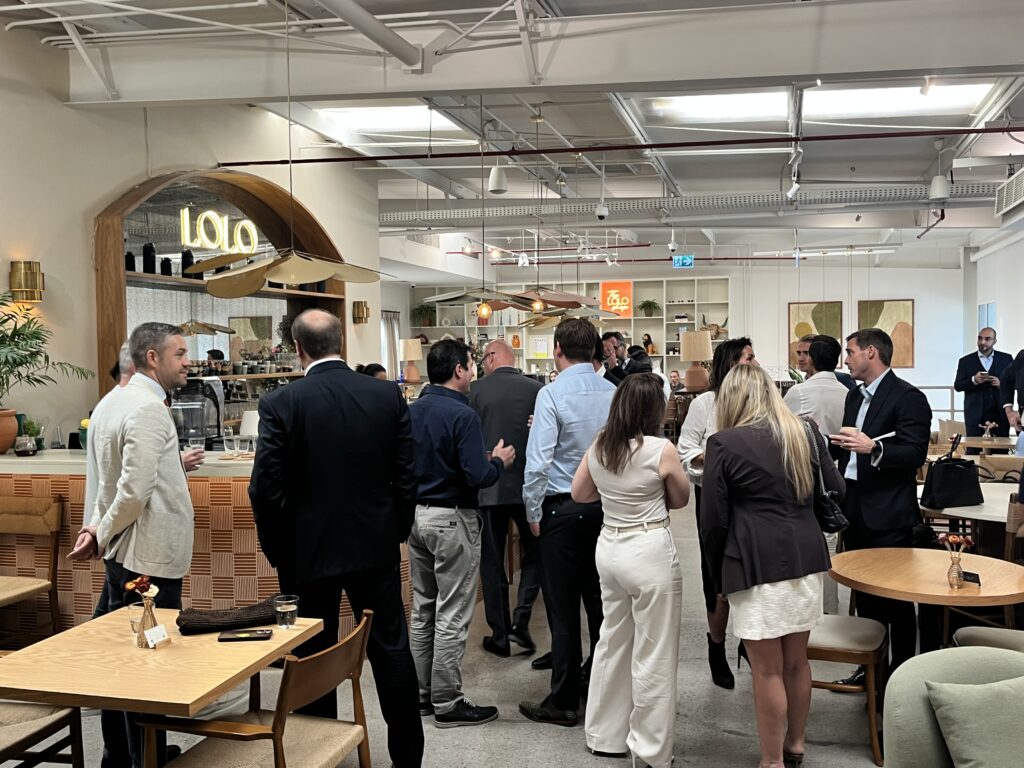JLL: Infrastructure and supply gaps set to fuel Dubai real estate growth
Dubai’s commercial real estate market is set for another year of expansion, driven by large-scale infrastructure projects and tightening supply across key sectors, according to JLL.
Presenting at the Investor Briefing Dubai on Friday, 31 October, Faraz Ahmed, research director at JLL MENA, said the Emirate is entering 2026 “on a strong footing” despite persistent global uncertainty.
The event, hosted by the Netherlands Business Council and Sociëteit Vastgoed International at LoLo House, gathered around 50 institutional and private investors to discuss market performance, outlook, and investment opportunities in Dubai. Real Asset Media is a strategic media partner.
Ahmed said that economic growth across the UAE remains resilient. “Despite the major global upheaval, GDP growth is expected to remain strong,” he noted, citing data from Oxford Economics.

He identified five structural trends shaping the market: limited supply, infrastructure-led expansion, increasing institutionalisation, the rise of alternative assets, and elevated construction costs.
“In the vast number of markets, we are seeing limited levels of available supply… supply will continue to lag demand,” Ahmed said. “Infrastructure delivery will be a key catalyst for development,” he added.
He explained that Dubai’s maturing investment landscape is creating a more transparent and active trading environment.
“A number of key markets in the region are becoming more structured and institutionalised, where we now expect a greater proportion of assets to trade more regularly,” Ahmed said. “Historically, assets which may have been grouped as alternative assets are now more often than not a core facet of best-in-class real estate developments.”
However, he cautioned that cost inflation remains a headwind. “Given the scale of projects underway in the region and uncertainty around trade flows and ongoing impacts of supply chain disruptions, we expect construction costs to continue to exhibit higher rates of inflation,” he said.
In offices, the total Dubai stock reached 9.3 million sq m in 2025, with 33,000 sq m due to complete during the year. Leasing volumes remained solid, with JLL’s rental clock indicating “rental growth slowing” after a period of sharp recovery.
Retail supply totalled 5.2 million sq m, with 38,600 sq m of new completions expected. Renewal activity stayed high, pointing to continued tenant confidence, though the segment also showed “rental growth slowing.”

The industrial and logistics market continues to lead performance, with total warehousing supply at 25.26 million sq m and occupancy near 94%. Grade A space accounts for 4.31 million sq m, while Freezones hold 10.95 million sq m compared with 14.31 million sq m on the mainland.
Occupancy in key hubs such as JAFZA Extension and Dubai Logistics City exceeds 97%, with annual lease rates ranging from AED 450 to AED 520 per sq m. “Rental growth accelerating,” Ahmed said, noting that lease-rate progression between the second quarters of 2024 and 2025 reached up to 29%.
Summarising Dubai’s investment outlook, Ahmed concluded that “supply shortages will drive performance” and that “market performance will remain steadfast in the majority of cases” as infrastructure investment and institutional capital continue to shape the next phase of growth.
Sociëteit Vastgoed International described the Investor Briefing Dubai as “a thought leadership driven programme” featuring keynote research on the commercial real estate sector, a panel discussion on residential and commercial markets, insights into how architecture and interior design influence investment, and an open exchange on sustainability, AI, and long-term resilience from a Dutch investor perspective.
The panel also addressed residential market trends, touching on resilience, affordability, and the use of AI in long-term investment planning.
Other speakers included Thomas Thacker, director of commercial agency – UAE at JLL MENA; Jan-Willem Visser, partner at FCD Dubai; Spike Joore, chief operating officer at Baraca Capital; Sam Crabtree, managing director at API Global; and Daan Welvaart, managing director at HUIS Real Estate.
Sociëteit Vastgoed International, the international branch of the Dutch real estate network Sociëteit Vastgoed, connects senior property professionals worldwide through knowledge-sharing platforms and investor events.



